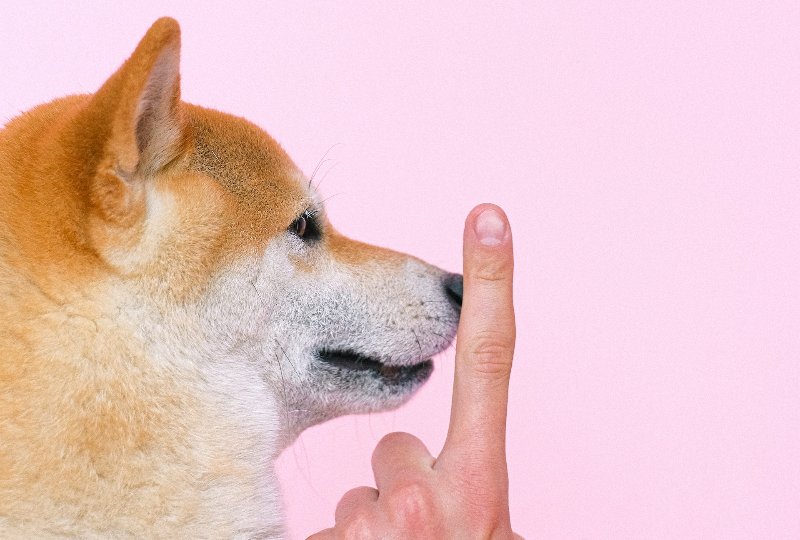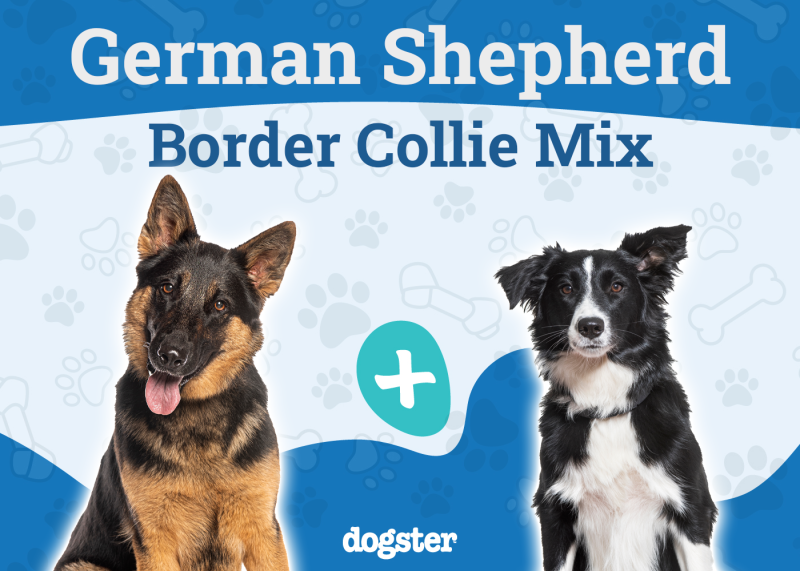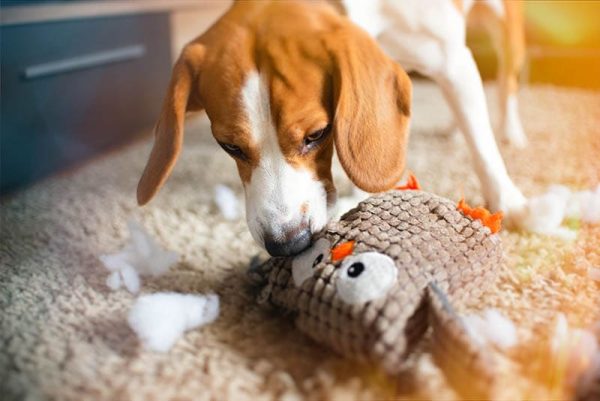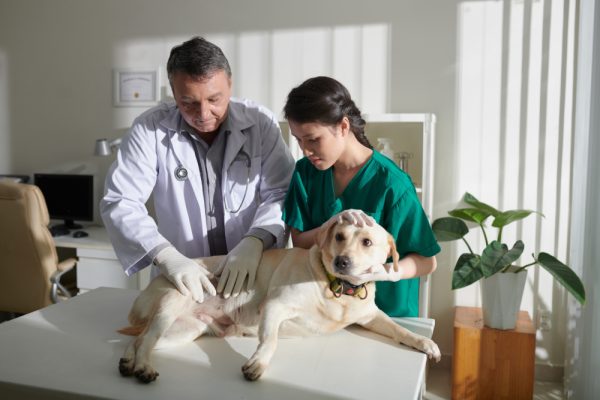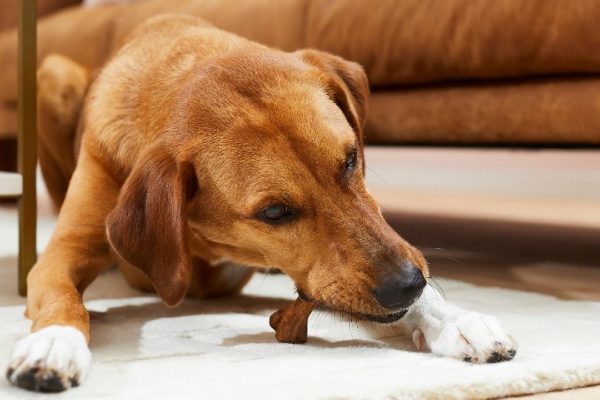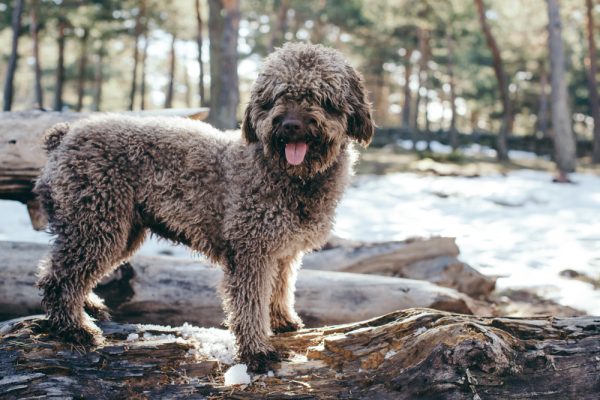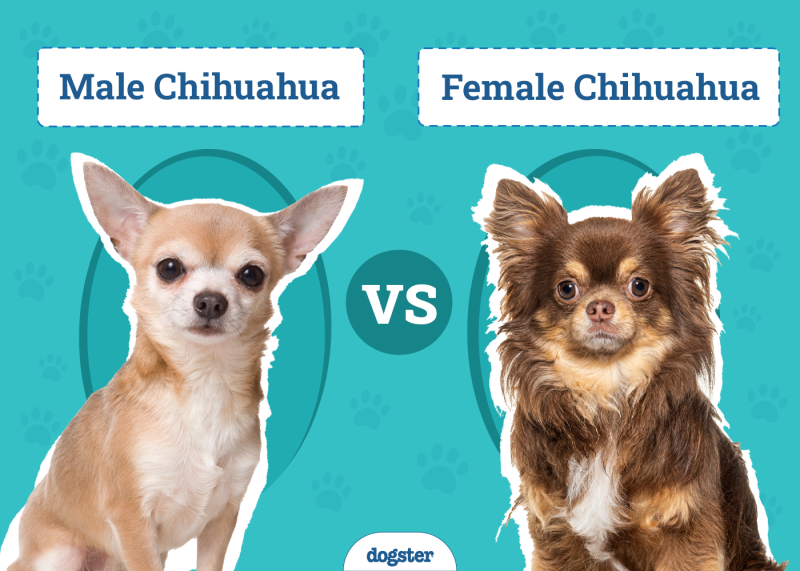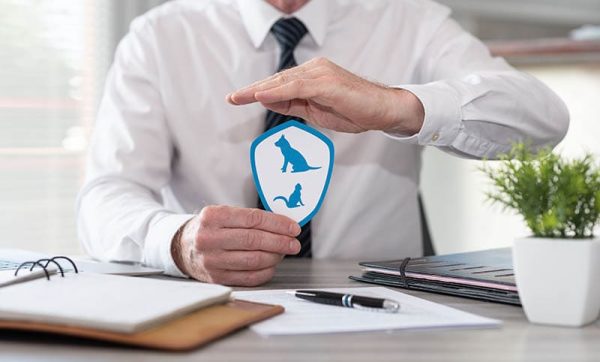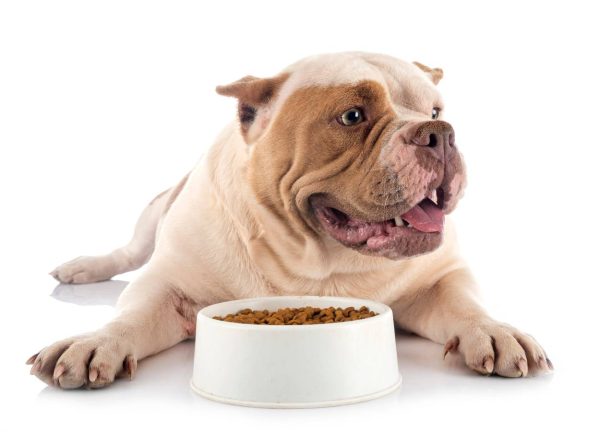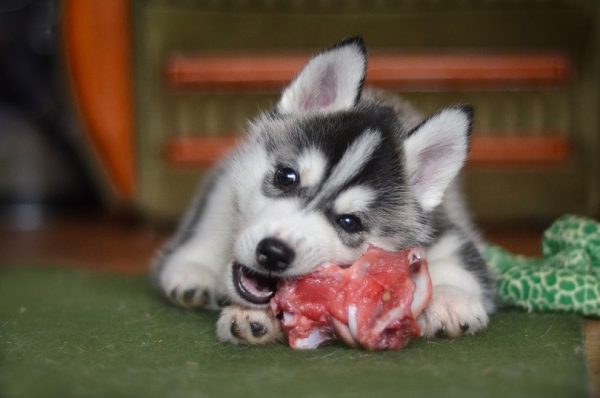In this article
View 2 More +Are you ready to embark on an exciting journey of training your Shiba Inu? Training a Shiba Inu can be a fulfilling experience, but it comes with its fair share of challenges. Known for their independent nature and strong-willed personality, Shiba Inus requires a unique approach to training. But fear not! In this article, we will explore 12 crucial tips that will help you train your Shiba Inu effectively and build a strong bond along the way!

The Shiba Inu Personality and Temperament
Before delving into the training tips, let’s briefly touch upon the personality and temperament of the Shiba Inu. These adorable and spirited dogs are known for their confidence, intelligence, and independence. While they can be affectionate and loyal, they also possess a stubborn streak that may test your patience during training sessions. Understanding their personality traits will help you tailor your training techniques to their specific needs.
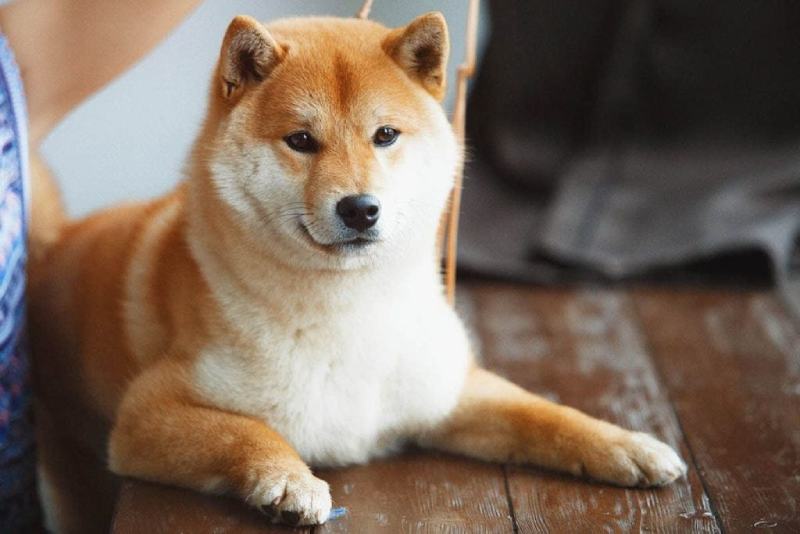

How Is the Trainability of Shiba Inus?
Shiba Inus are highly intelligent and capable of learning various commands and tricks. However, their independent nature can sometimes make them appear less eager to please compared to other breeds. It’s essential to approach their training with patience, consistency, and positive reinforcement methods. With the right techniques, you can harness their intelligence and work together to achieve impressive results!
While the general Shiba Inu temperament makes them highly trainable and excellent family dogs, take note that each dog has its unique personality. Certain training strategies might work for one Shiba Inu, but they might not for another. Understanding your dog’s specific personality and preferences is crucial in maximizing your Shiba Inu’s training!
1. Start as Young as Possible
Before starting your dog’s training, one crucial thing to consider is how early you should start your Shiba Inu training. If possible, start training your Shiba Inu during puppyhood to gain the best results. While not all Shiba Inus enter a new home during puppyhood, it is still important to start early.
Regardless of their age, training should begin as soon as you bring your Shiba Inu home. Early socialization and obedience training are crucial for their development. Starting early helps establish good habits, prevents behavioral issues, and fosters a strong bond between you and your furry companion!
2. Be Patient and Consistent
Shiba Inus are smart dogs, and they may constantly test your patience with their independent nature. Stay calm and consistent with your training methods, avoiding frustration or resorting to punishment. Positive reinforcement, such as treats and praise, will yield better results than harsh methods.
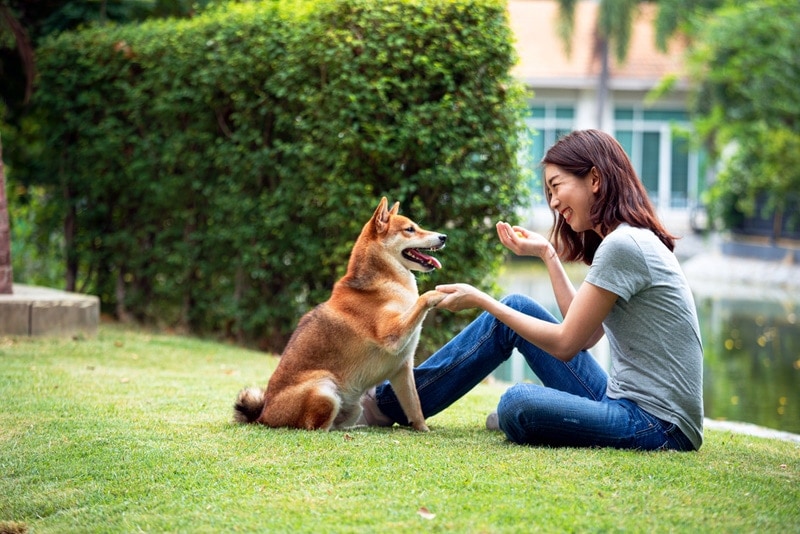
3. Use Positive Reinforcement
Shiba Inus responds exceptionally well to positive reinforcement. Reward desired behaviors, such as sitting or staying, with treats, praise, and affection. This approach encourages them to repeat those behaviors and strengthens the bond between you.
4. Create a Positive Relationship
Building a positive relationship with your Shiba Inu is essential for successful training. Spend quality time together, engage in interactive play sessions, and provide them with plenty of love and attention. The training session itself can already be used as a positive bonding activity!
A strong bond will motivate your Shiba Inu to please you and make training more enjoyable for both of you.
5. Provide Exercise and Stimulation
Shiba Inus are active dogs that require regular exercise and mental stimulation. To address their energetic needs, incorporate daily walks, playtime, and interactive toys into their routine. A tired and well-stimulated Shiba Inu is more likely to be attentive and focused during training sessions.
If Shiba Inus do not receive the physical and mental stimulation they need, they may experience behavioral problems which can greatly affect their training.
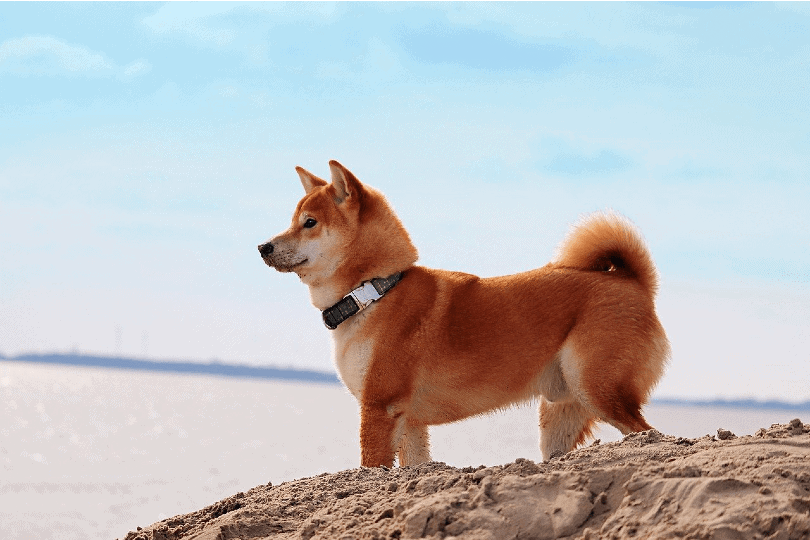
6. Call Out Bad Behavior
When your Shiba Inu exhibits unwanted behavior, it’s crucial to address it immediately and to let them know that this behavior is unacceptable. Use a firm and assertive voice to let them know the behavior is unacceptable. Redirect their attention to a more desirable behavior and reward them when they comply.
7. Avoid Being Aggressive
Never resort to aggressive or physical punishment with a Shiba Inu. Harsh methods will only cause fear and damage the trust between you and your dog. Instead, focus on positive reinforcement and redirection to achieve desired results. A veterinarian can advise you on some great ways to do this.
If you need to speak with a vet but can't get to one, head over to PangoVet. It's our online service where you can talk to a vet online and get the advice you need for your pet — all at an affordable price!

8. Prioritize Socialization
Like all dogs undergoing training, early socialization is key for Shiba Inus. Introduce them to different people, animals, and environments from a young age. This highlights the importance of proper stimulation of various situations as it helps them become well-rounded and comfortable, reducing the likelihood of fear, anxiety, or aggression as they grow older.
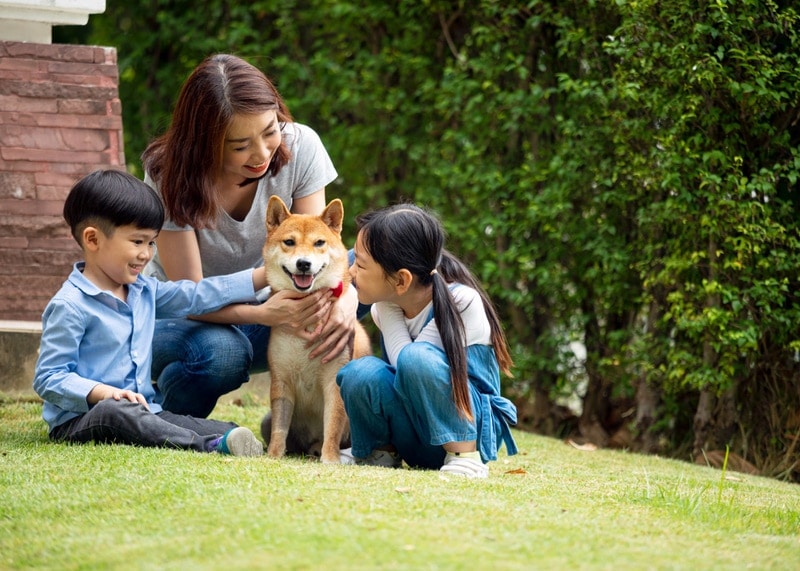
9. Be Firm and Confident
As Shiba Inus have an independent nature, they can also have a stubborn streak. Because of this, Shiba Inus responds best to confident and assertive owners. Establish yourself as the pack leader while remaining fair and consistent in your training approach. Your Shiba Inu will respect your authority and be more likely to follow your commands.
10. Use Leash Training
Shiba Inus have a high prey drive and may be prone to chasing small animals. Always walk them on a leash and use a harness to ensure their safety. Teach them to walk politely by your side using positive reinforcement techniques and rewarding them for good behavior.
11. Consider Crate Training
Crate training can be beneficial for both you and your Shiba Inu. It provides them with a safe and comfortable space, aids in potty training, and prevents destructive behaviors when you’re unable to supervise them. Introduce the crate gradually, associate it with positive experiences, and never use it as a form of punishment.
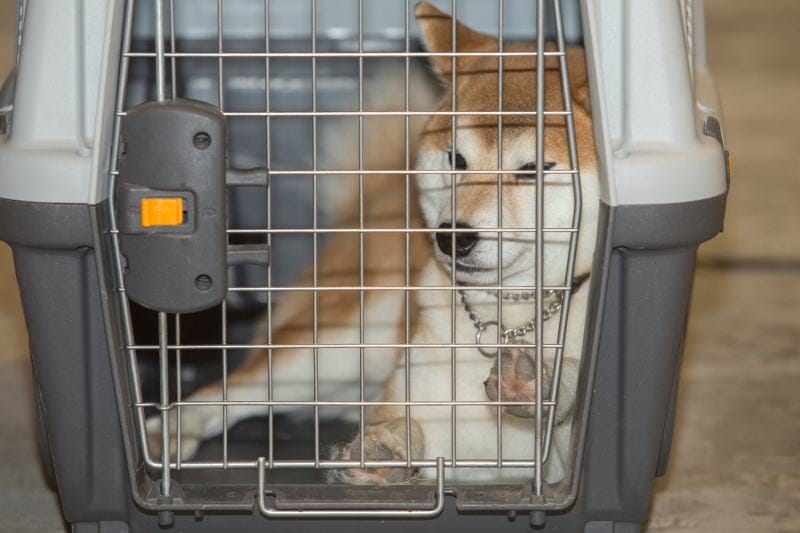
12. Keep Training Sessions Short
Shiba Inus has a relatively short attention span, so keep training sessions brief but frequent. 5 to 10-minute sessions several times a day are more effective than one long session. Focus on one command at a time, gradually increasing the difficulty level as your Shiba Inu progresses!

Can I Seek Professional Training Services?
If you’re facing challenges or need guidance, seeking professional help from a qualified dog trainer is a great option. A professional trainer with experience in Shiba Inu training can provide valuable insights, address specific behavioral issues, and offer personalized guidance tailored to your dog’s needs.
Remember, there is no shame in asking for help especially when it concerns your pooch. As long as you’re looking for what’s best for your dog, any advice and help will make a great impact!

Conclusion
Shiba Inus are intelligent, highly trainable, and make excellent family dogs. But because of their independent nature, training a Shiba Inu requires time, patience, and a positive approach. By starting early, being consistent, and using positive reinforcement, you can effectively train your Shiba Inu and establish a strong bond.
With dedication and these 12 crucial tips, you’ll be well on your way to having a well-behaved and happy Shiba Inu companion by your side. Enjoy the journey of training and bonding with your furry friend!
See Also:
- English Mastiff vs Neapolitan Mastiff: Visual Differences & Overview (With Pictures)
- Pitbull vs Mastiff: The Key Differences (With Pictures)
Featured Image Credit: Anna Shvets, Pexels

